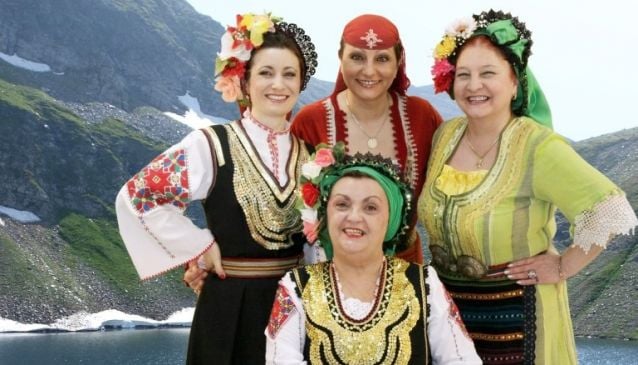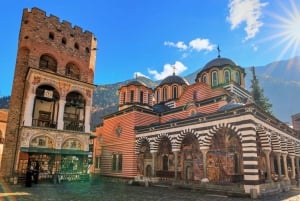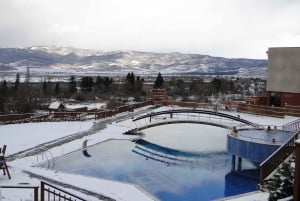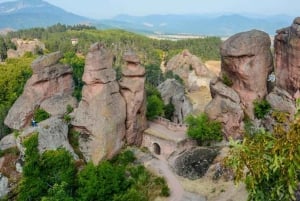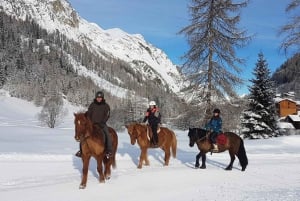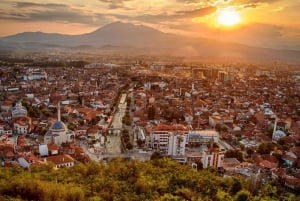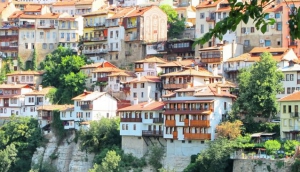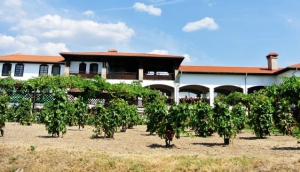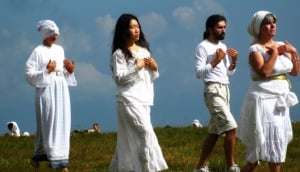The interstellar voyage of Bulgarian Voices
So it's no surprise foreign audiences have appreciated Bulgarian folklore music for many decades
Book Top Experiences and Tours in Bulgaria:
If youʻre booking your trip to Bulgaria last minute, we have you covered. Below are some of the top tours and experiences!- Borovets: Snowmobile Adventure
- From Sofia: Rila Monastery and Boyana Church Group Tour
- From Sofia: Plovdiv Full-Day Guided Tour
- Sofia: Museum of Socialist Art and Buzludzha Monument Tour
- UK/Europe: eSim Mobile Data Plan
How often do you hear something that makes you get chills down your spine? You know - goose bumps, watery eyes, a feeling as if your hair is standing on end? Well, that is exactly what happens to me each and every time I hear Bulgarian folklore music. Iâve often wondered, why does this happen? Is it because of the magical fusion of traditional instruments? The gentle blows of the goatskin bagpipe (gaida) intertwined with the mystical sounds of the end-blown flute (kaval) and complemented by the powerful sound of the large drum (tupan)? Or the mysticism of the otherworldly voices that, when you close your eyes, makes you feel like you are floating on air?
I may never find the answers to these questions but itâs a fact; Bulgarians have another reason to feel very proud of their heritage â the land that is believed to offer one of the richest folklores on the planet.
What is traditionally referred to âBulgarian folk musicâ has its roots in ancient customs and traditions that reflect the five-century-long Ottoman slavery/rule that never succeeded in crushing the lively spirit of the Bulgarians. Our traditional music is exceptionally diverse and distinctive and is known for its unusual âasymmetricâ rhythms, where rhythm is not split in even beats but in longer and shorter ones.
Another intriguing fact about the traditional Bulgarian song is that it always tells a story. Created in small villages tucked away in the valleys of our beautiful mountains, women would often gather and sing together, telling tales of love, family, work, daily chores or anything else that would trigger their inspiration. Traditionally, these songs served as news â from village to village and valley-to-valley â women used to create these magical sounds and share their story. This tradition was passed from mother to daughter over many generations.




